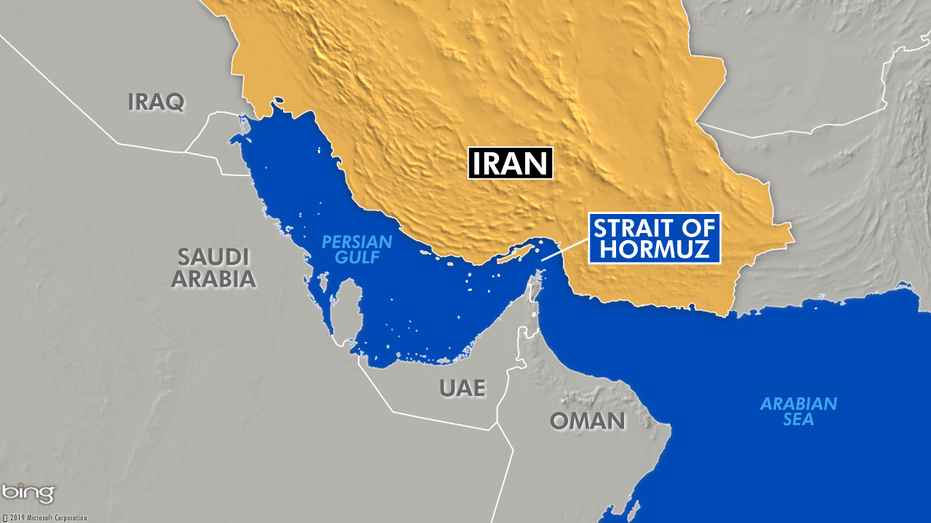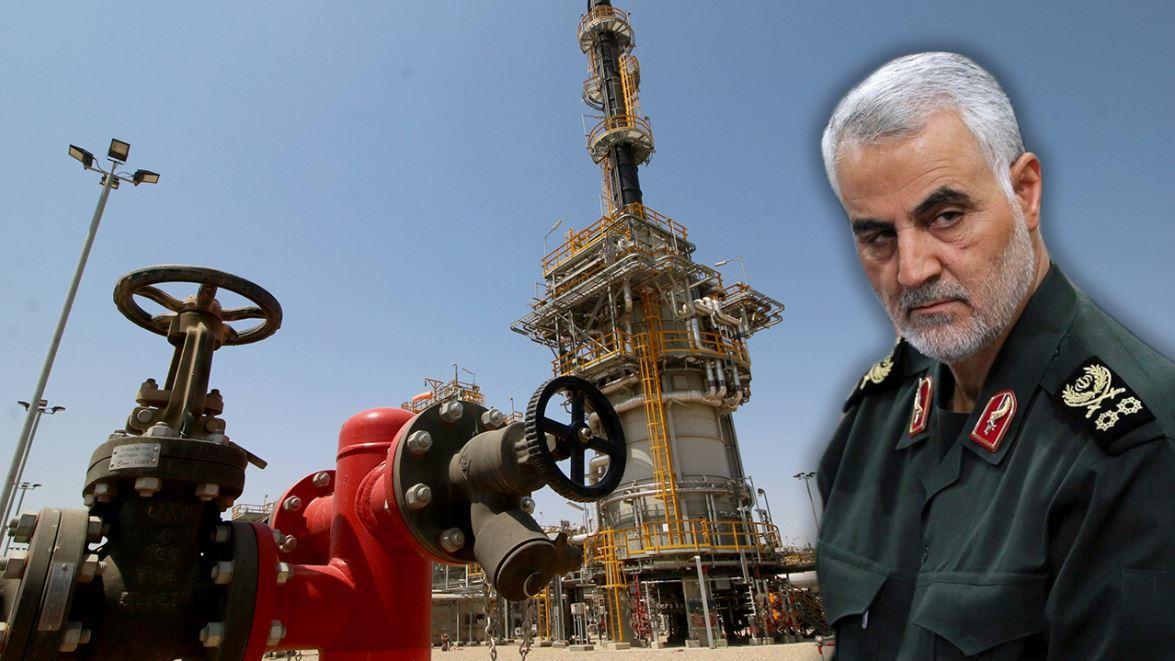Iran’s oil muscle weakened by US energy dominance
The U.S. has turned into a net exporter of energy rivaling the Middle East
America has emerged as a force in the world energy markets and that means geopolitical risks are not what they used to be for commodities despite tensions with Iran bubbling up again.
“If this had happened five years ago, I certainly think you have a very strong argument that oil prices could hit triple digits,” Patrick DeHann, head of petroleum analysis at GasBuddy, told FOX Business’ Stuart Varney. “But we’ve added the capacity of 7.5 million barrels a day versus where we were a decade ago so we’ve come a long way, and that’s perhaps given the White House new options to deal with the Middle East.”
Instead, West Texas Intermediate crude oil, the U.S. benchmark, gained almost 6 percent, hitting a three-month high of $64.72 per barrel after a U.S. airstrike killed Iranian Gen. Qassem Soleimani on Thursday. The attack led to Iran fully withdrawing from the 2015 nuclear deal and promising to avenge Solemani’s death. President Trump said any Iranian response would not go unpunished.
GOLD BEST PROTECTION AS US-IRAN TENSIONS HEAT UP: GOLDMAN SACHS
The U.S. was, for many years, the world’s largest net energy importer, making it susceptible to economic shocks when there were sudden price increases due to rising geopolitical tensions in the Middle East. The fear was that Iran could disrupt maritime transit in the Strait of Hormuz, the world’s most important oil choke point. About 21 million barrels, or 21 percent of the global supply, pass through the strait each day.

But all of that has changed over the past few years as the U.S. has turned into a net exporter of energy. While Iran is still a threat to close the Strait of Hormuz, the impact, especially on the United States, wouldn’t be as severe.

Iran's Supreme Leader Ayatollah Ali Khamenei
US 'VERY PREPARED' FOR IRANIAN CYBERATTACKS: ENERGY SECRETARY
“The U.S. has become not only a very large producer, the largest, but it has become the swing producer and markets have priced that in,” Mohamed El-Erian, chief economic adviser at the Frankfurt-based Allianz Global Investors, with $623 billion in assets under management, told FOX Business’ Maria Bartiromo.
Last September, the markets saw evidence of just how much things have changed when Brent crude oil, the international benchmark, soared by 14 percent in a single day after half of Saudi Arabia’s oil production was temporarily taken offline by an Iranian drone strike. Prices quickly reversed to their pre-attack levels in about two weeks.
WHY MARKETS AREN'T IN CHAOS AMID ESCALATING TENSIONS WITH IRAN: EL-ERIAN
“It is a stylized fact that oil price shocks tend to lead recessions,” wrote James Sweeney, chief economist at Credit Suisse, the Zurich-based investment bank. “Five of the past six recessions were preceded by a sharp increase in oil prices.”
However, he noted that structural changes in the U.S. economy, including the aforementioned American shale revolution, historically low levels of consumer spending on gasoline and a Federal Reserve focused on prolonging the economic expansion as opposed to fighting inflation as reasons why oil shocks aren’t the recession risk that they used to be.
CLICK HERE TO READ MORE ON FOX BUSINESS
Of course, this is good news for President Trump who wants to avoid a recession ahead of the 2020 election. Since World War I, sitting presidents are a perfect 11 for 11 in their reelection bids if the economy wasn’t in a recession in the 24 months ahead of the election.




















